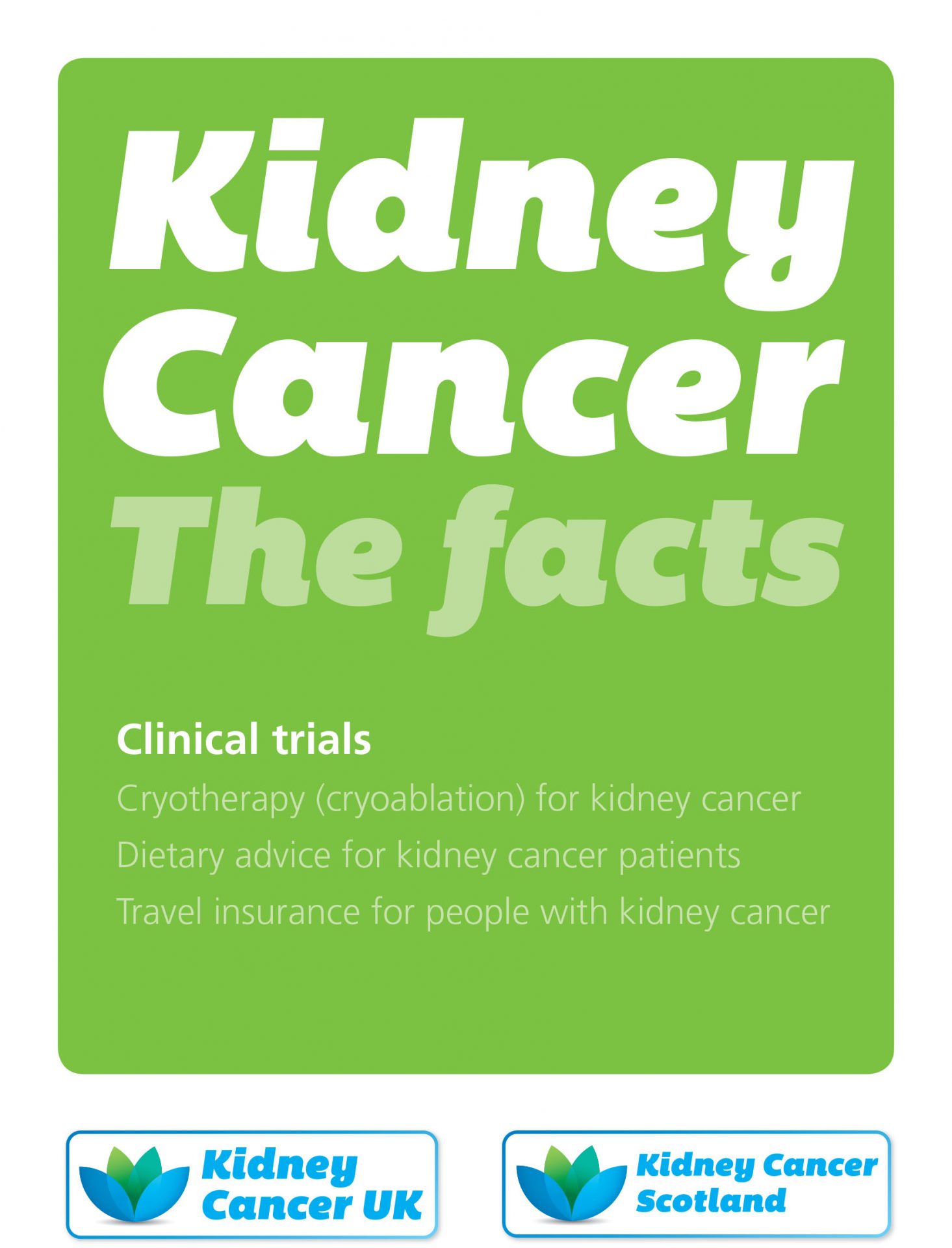Your basket is currently empty!
Clinical Trials
What are Clinical Trials?
Not all patients can take part in clinical trials.
When doctors are uncertain about whether one type of cancer treatment is better than another, or if a new treatment or drug is likely to work or have side-effects, they try to answer this by involving patients in clinical trials. Most of the information that doctors have about how well different drugs work is obtained in this way.
During a clinical trial, detailed information is collected about each patient, drug side-effects and how well the treatment has worked. When this information is collected and compared from all the patients in a trial, it should become clear how good the treatment is. Without clinical trials it would be very difficult to know which cancer drug works best.
Click the image below to read the factsheet or right click image and ‘save as’ to download.
Support our Work

Further Information
You can find a list of clinical trials currently running for kidney cancer with the antidote search engine
Introduction to Clinical Trials
Find out more about clinical trials and how you could get involved
Clinical Trial Phases
There are usually three main phases of clinical trials, but sometimes as many as five. Read more about these stages here
UK Clinical Trials Gateway
The UK Clinical Trials Gateway provides information about clinical trials running in the UK and is designed to enable you and your clinician to locate and contact trials of interest to you.
The UK Clinical Trials Gateway is part of the National Institute of Health Research (the research arm of the NHS) and supported by a number of other organisations.
Clinical Trials
Information about clinical trials involving kidney cancer patients
Frequently Asked Questions
Are clinical trials safe?
There are risks to clinical trials but before you are enrolled, they would have been passed by an ethics committee of healthcare professionals and members of the public before they begin. Involvement in a clinical trial is completely voluntary. If patients decide that they want to stop being involved in a trial then they simply have to tell their doctor. This will not affect their chances of future treatment if other options are available.
What are the potential benefits of a clinical trial?
- You will receive high-quality health care provided by leading doctors in the field of cancer research.
- You may have access to new drugs and treatment before they are widely available.
- Your health care will be closely monitored, along with any side effects related to the treatment.
- You will play a more active role in your own health care.
- If the approach being studied is found to be helpful, you may be among the first to benefit.
- The trial will provide an opportunity for you to make a valuable contribution to cancer research.
What are the potential risks of a clinical trial?
- New drugs and procedures may have side effects or risks unknown to the doctors.
- New drugs and procedures may be ineffective or may be less effective than current approaches.
- Even if a new approach has benefits, it may not work for you.
- The fact that you have kidney cancer doesn’t make you automatically eligible for a specific clinical trial. You will have to fit certain requirements of the trial eligibility criteria.
Where do clinical trials take place?
Trials take place in a variety of locations including cancer centres and district hospitals, though not all so you may have to travel. If patients are interested in discussing clinical trials then they should ask their consultant or CNS for further information on what trials are available in their area.
Are there different types of clinical trial?
Yes, there are non drug clinical trials available.
Drug clinical trials are divided into different stages, called phases. The earliest phase trials may look at whether a drug is safe or the side effects it causes. A later phase trial aims to test whether a new treatment is better than existing treatments.
Which Treatment will I get?
People taking part in trials will be assigned treatments randomly (by chance) generated by a computer program. Nobody has control over which treatment you will get.
What are the stages of the trials?
Phase I clinical trials are the first studies in humans. These trials are conducted with small numbers of patients or healthy volunteers (usually male). They are used to investigate the most effective dose of the drug in humans and to determine what side effects are most likely to occur.
Phase II clinical trials investigate the safety and efficacy of the drug in larger numbers of patients (100s) with a focus on the effectiveness of the treatment at different doses and its safety in the target patient population. Usually when phase II is completed the pharmaceutical company will decide whether the safety and efficacy of the drug in the target patient population warrants further development. The drug will only be taken into phase III development if there is a very good chance of the drug meeting the strict safety and efficacy guidelines stipulated by the regulatory authorities.
Phase III clinical trials involve large numbers of patients (1000s), usually on a global scale, and are used to compare the efficacy and safety of the new drug with either the standard existing treatment or placebo (dummy treatment). These studies are usually randomized and blinded so that the patients (and the doctor in the case of double-blind clinical trials) do not know which treatment they are receiving to avoid a biased interpretation of the results. Data obtained from phase III clinical trials are used to demonstrate the benefits of the new treatment over existing treatment or placebo.


